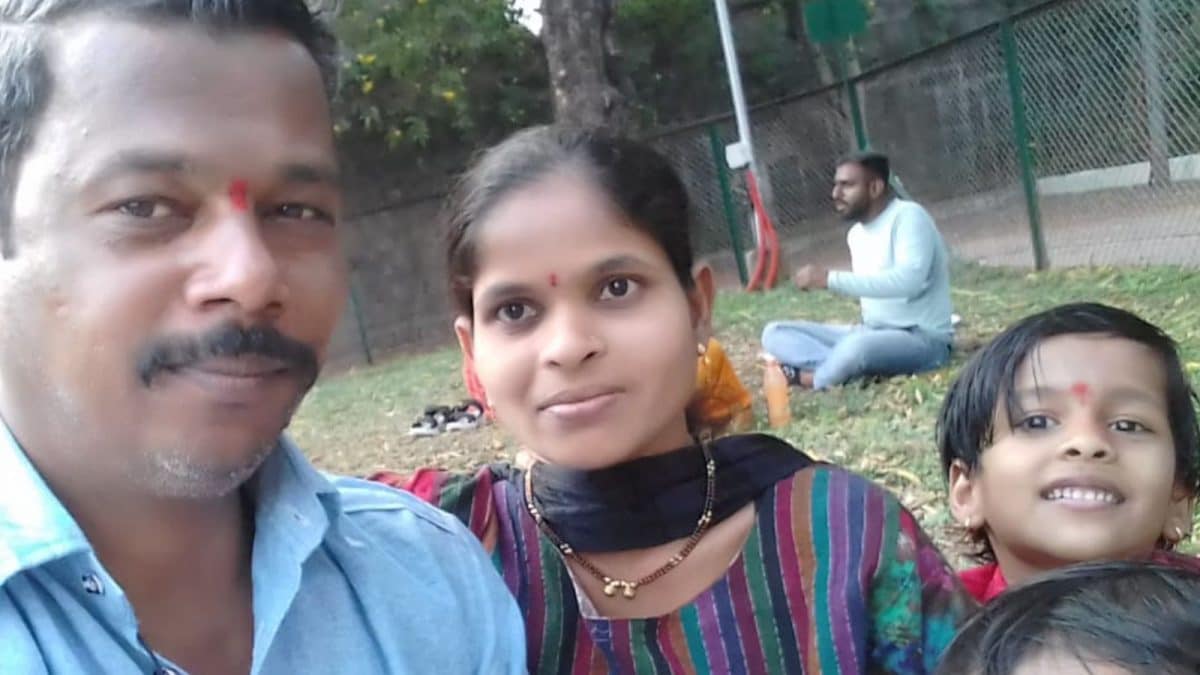 |
|
The case of eight-year-old Rukmini, the daughter of Devidas Kadam, an auto-rickshaw driver from Pune, Maharashtra, highlights the devastating impact of Guillain-Barre Syndrome (GBS) and the immense financial burden it places on families. Rukmini's sudden illness began with what seemed like a minor stomach ache, a symptom easily overlooked in the daily routines of life. This seemingly innocuous start quickly escalated into a medical emergency, leaving her family grappling with a life-altering diagnosis and the overwhelming cost of treatment. The stark contrast between the initial, seemingly trivial complaint and the subsequent severity of the illness underscores the importance of prompt medical attention and the unpredictable nature of GBS.
Kadam's narrative reveals a heart-wrenching struggle to secure the best possible care for his daughter. The initial uncertainty surrounding Rukmini's condition, coupled with the rapid progression of the disease, threw the family into a state of crisis. The journey from the initial stomach pain to the confirmation of GBS involved multiple tests and hospital visits, each step contributing to the rising medical expenses. Kadam's description of his daughter's condition, her paralysis yet retained cognitive awareness, paints a poignant picture of a child battling a severe illness while maintaining a connection with her loved ones. This delicate balance between physical suffering and mental clarity adds another layer to the family's emotional burden.
The financial strain on Kadam's family is particularly striking. As the sole breadwinner, he faces the impossible task of balancing his daughter's critical care needs with his financial limitations. The cost of treatment, exceeding Rs 3 lakh in just a short period, is a staggering sum for a family living on a modest income of Rs 20,000-25,000 per month. The forced cessation of his work, a necessary but financially crippling decision, further exacerbates the family's precarious situation. The desperation reflected in his actions—selling his wife's jewelry, depleting his savings, and borrowing from relatives—illustrates the extreme measures families are forced to take when confronted with such exorbitant medical expenses.
The inclusion of GBS in government schemes offers a glimmer of hope, yet the limitations of the current system become painfully apparent. The small subsidies provided are insufficient to cover the substantial costs of treatment, leaving families like Kadam's with a significant financial gap. This highlights the urgent need for more comprehensive and accessible healthcare solutions, especially for critical illnesses like GBS. The uncertainty surrounding Rukmini's recovery timeline, with no definitive prognosis from doctors, only adds to the emotional and financial anxieties faced by the family. The seemingly endless wait for a positive outcome is a testament to the long and arduous journey faced by those battling GBS.
Kadam's story is more than just an individual's plight; it is a reflection of the broader challenges faced by many in accessing quality healthcare, particularly in the face of unpredictable and costly illnesses. The lack of adequate insurance coverage leaves many vulnerable to financial ruin. The case underscores the need for more robust social safety nets and healthcare systems capable of supporting families facing unexpected medical emergencies. Rukmini's battle against GBS and her father's desperate fight to save her highlight the systemic flaws in healthcare accessibility and the urgent need for policy reforms that provide equitable access to quality and affordable medical care for all.
